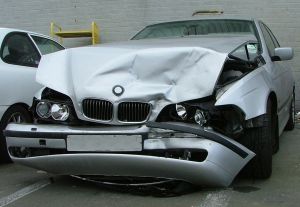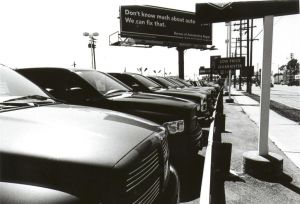 Astute personal injury lawyers always look for ways to maximize their client’s financial recovery. Establishing aggravating factors against the at-fault party is one of the main ways of doing this. In motor vehicle accident cases, there is no better opportunity for scoring points against the liable party than connecting alcohol use to the accident.
Astute personal injury lawyers always look for ways to maximize their client’s financial recovery. Establishing aggravating factors against the at-fault party is one of the main ways of doing this. In motor vehicle accident cases, there is no better opportunity for scoring points against the liable party than connecting alcohol use to the accident.
The involvement of alcohol can lead to a claim for punitive damages. The procedure for claiming punitive damages and the standards for holding a defendant liable for punitive damages are set forth in Florida Statute 768.72.
A claim for punitive damages may not be plead in the initial complaint. Rather, the Plaintiff must seek leave of court to amend the complaint to claim punitive damages. The judge should allow the amendment if evidence in the record or proferred by the Plaintiff provides a reasonable basis for recovery of such damages. Simeon, Inc. v. Cox, 671 So.2d 158 (Fla.1996) and F.S. 768.72(1). Contrary to the proposition often put forward by Defendants, the statute does not require an evidentiary hearing to permit the amendment. Pursuant to section 768.72, a proffer of evidence can support a trial court’s determination. Strasser v. Yalamanchi, 677 So.2d 455 (Fla. 2d DCA 1981).
768.72 says this about what must be shown to establish liability:
(2) A defendant may be held liable for punitive damages only if the trier of fact, based on clear and convincing evidence, finds that the defendant was personally guilty of intentional misconduct or gross negligence. As used in this section, the term:
(a) “Intentional misconduct” means that the defendant had actual knowledge of the wrongfulness of the conduct and the high probability that injury or damage to the claimant would result and, despite that knowledge, intentionally pursued that course of conduct, resulting in injury or damage.
(b) “Gross negligence” means that the defendant’s conduct was so reckless or wanting in care that it constituted a conscious disregard or indifference to the life, safety, or rights of persons exposed to such conduct.
 Florida Injury Attorney Blawg
Florida Injury Attorney Blawg










